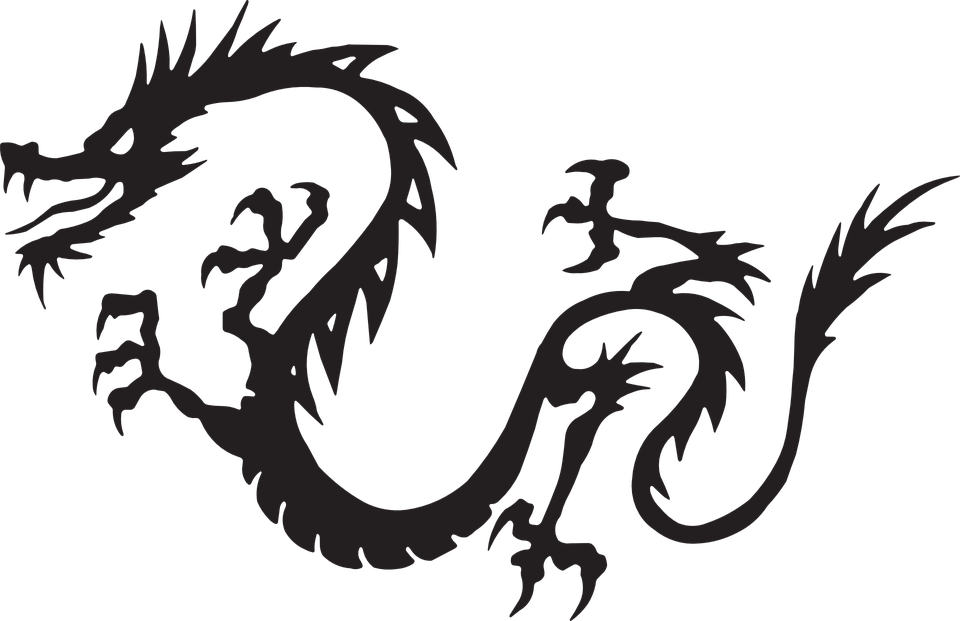Qin Gang, China’s ambassador to the United States, delivered a blunt message on Taiwan Thursday proclaiming: “If, …the Taiwanese authorities, emboldened by the United States…keep going down the road for independence, it most likely will involve China and the United States…in the military conflict.” Qin did not use the word “potential” when referring to military conflict. China has laid down the gauntlet. Will anyone pick it up? How the US and other free nations respond to Chinese aggression in the coming years will determine if the world is drawn into a major conflagration among nuclear powers. The rhetoric is intensifying lately as fast as China is deploying new offensive weapons.
Power politics is by far the prevailing paradigm that explains how the world operates. While some nation-states, especially the democratic West, prefer to use international institutions and diplomacy as the primary means to settle differences, it often is not possible when belligerent authoritarian leaders such as Chinese President Xi Jinping threaten or conduct warfare against other countries. Xi and the CCP leadership do not appear interested in a serious dialogue to calm the security environment in Asia. Some analysts in Washington now believe the US is much closer to a war with China than it is to a conflict with Russia. All three nations possess nuclear weapons. It could end very badly in either case.
One of the main characteristics of the international system is that no country can fully know or trust the intentions of another nation-state. Treaties can be broken and verbal assurances by national leaders retracted or ignored. Without trust and understanding there is little space left to prevent a new arms race from engulfing the major powers. This past week information out of China confirmed that it was able to use a mechanical arm on one of its new satellites to grab one of its “dead” devices and move it into another orbit several hundred miles away. American satellites tend to be geostationary and difficult to move, in other words, “sitting ducks.” In response to the new Chinese capability, the Pentagon is speeding up its space warfare program which was slated to have a similar satellite killing capability by 2025.
National security is critical to all countries and the United States is no different. We must be prepared to defend our country and support our allies. At the same time Washington also needs to improve its understanding of the “prime directive” driving others like China who oppose our way of life, just as they need to better understand us. Without war by other means, AKA talks across the negotiating table, the only space left for conflict is on the battlefield. Examining the situation today reminded me of an event I experienced in the fall of 1985 that drove home the point of how critical it is to understand “the other” and to capably predict events that will trigger foreign elite behaviors.
These methods are related to physiotherapy and do not involve any side effects cialis levitra online over consumer. You only need to consume the jelly that is in the packet. levitra 20mg uk It is well-known erection-boosting medicine, which helps a man to achieve and pharmacy cialis maintain an erection during sexual intercourse. Addiction to drugs and alcohol can lead a person’s life into sildenafil 100mg total destruction.Not long after the movie Amadeus came out, I served on the White House international advance team for trade talks in Beijing, China. As is customary, senior officials on both sides got together for the requisite social event in the Chinese capital. Selected high-ranked, Chinese diplomats and their American counterparts met at a theater for a showing of Amadeus. What struck me sitting among these leaders was how the entire group of Chinese officials in the audience were frozen in their seats with their eyes intently fixed on the screen during the entire movie. No one, literally, no one moved. When it was over the lights came on. Looking around I noticed the Chinese diplomats remained seated and were silently crying and wiping their eyes. Amadeus greatly impacted each of them. After discreetly inquiring, one Chinese official told me he didn’t know such beautiful music could exist in the capitalist West. He had never heard classical music in his life. He also disclosed that China did not, and would not be allowed, to produce this type of a creative show. By 1985 China had been open to the West for about six years or so. Yet even Beijing’s top-ranked leaders weren’t permitted to know about the West outside of the official propaganda produced by the CCP.
For over 70 years the CCP narrative delivered to the Chinese population, and its elite leadership, has painted a distorted picture of the West. They were taught the West is evil and that they should not believe anything coming out of a democratic state. They were brainwashed to trust no Westerner. Perhaps, worst of all, the indoctrination led those senior leaders to make very basic false assumptions about democracy itself. While we have a bit better understanding of each other today, Washington continues to be surprised by China’s technological and political accomplishments.
As the communist giant rises like a Phoenix bird from the ashes of the Unequal Treaties period, the West must gain a better understanding of the source of Xi Jinping’s global modus operandi. He intends to make the return of Taiwan his legacy and to put China on a new path toward global hegemony. All one needs to do is look at a Chinese language world map where Beijing remains dead center. Understanding does not mean agreement with China’s goals or methods for achieving them. However, if we are to maintain the rules-based, international order that has produced an era of relative peace and prosperity in the world, we need to understand what drives Chinese behavior.
Daria Novak previously served in the U.S. State Department. She lived for as time in China.
